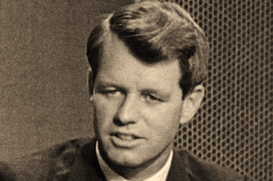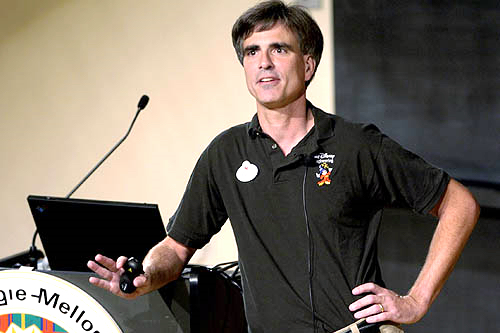If You Knew You Could Not Fail?
|
This is an interesting essay. How’s that for a statement seemingly filled with hubris? Bear with me. It isn’t about hubris, but it is about each one of us. I’m 75 and am still teaching at the college level. That should cause you to think, “Why?” My answer is that I made a mistake at the end of my 5th grade. It was a mistake that I didn’t realize until halfway through my life. My dad got a promotion at the company he worked, which required moving from Pennsauken, NJ to Mt. Lebanon, PA. I left Collins Trait as an above average student, but we moved to Mt. Lebanon, which had the 19th best school system in the country. It could afford that type of educational honor, because it was also the wealthiest community in Western Pennsylvania. I learned two things while at Mt. Lebanon; I was dumb and poor. Halfway through my life while working on my doctorate, I realized that neither learning in Mt. Lebanon was correct. However, that traumatic experience eventually got me into teaching. I have taught for over two decades and will never retire from teaching. I don’t want any of my students selling themselves short when it comes to education like I did. That curse turned into a blessing for me personally. I hope it does also for my students. One of the requirements that all my classes must do at the beginning of the semester is to watch either movie, Finding Forrester or The Emperor’s Club. Then they must write an essay entitled, Why is Campbell Making Me See This Film? I have taught for so long that, within the first week or two, the eager learners stand out. I could guess their course grades usually by week 2. Case in point is Tony. 
I read Tony’s essay about Finding Forrester. This is one paragraph in Tony’s essay. Take a moment to read it.
The video at the end of the paragraph is from TED, which I often use in writing and teaching. It is less than a half-hour video. Watch it. The lecture was done by Regina Dugan whose premise in the video is this question, “What would you attempt to do if you knew you could not fail?” 
Tony must be working on his next assignment. Knowing that you might not answer her, she runs through a very long list of what others said was impossible along with an equal list of those people who dissed the doubters. Dugan’s contention is that it is fear of failure that prohibits us from trying. That was precisely my trouble when I moved to Mt. Lebanon. I had locked myself into an imaginary box of being dumb and poor. There were people that challenged my misperception of my ability level, especially in education. Louie Palmer was the one most important one that did. He asked me, after taking a 10-hour art history class in my junior year, to be his teaching assistant in my senior year. Apparently, he saw in me something that was not clearly visible to me. Bobby Kennedy, another of mine, said, “Some men see things as they are and say, why; I dream things that never were and say, why not.” It seems apparent to me that either we dream dreams that never were, or we sit back and do nothing. Essentially, we die. Ben Franklin observed, “Some people die at 25 and aren't buried until 75.” Therefore, that is the backstory. The point that I wish to make to all my readers is to address Dugan’s question, “What would you attempt to do if you knew you could not fail?” Make a list of seemingly impossible dreams in your life. What are some dreams that you haven’t attempted to obtain? I get that the fear of failure is real if we buy into it. However, if you don’t try, you already failed. What’s there to lose if you try the seemingly impossible goals, since, if you don’t try, failure is a given? Granted, trying won’t always be successful. However, your batting average will be higher than if you didn’t try at all. Randy Pausch said in his Last Lecture that dancing with death causes us to come alive if we seize upon the opportunity. Another related aspect is that, having done the dance, I know that my clock is ticking. Someday, my clock will stop ticking. I know that death is a reality, but I want to be remembered as a dreamer who asked why not? It is better to be remembered as someone that tried than someone that quietly sat in the corner doing nothing. Man, I have things to do here and in Myanmar; that isn’t for me. So, your takeaway from this essay are two quotes. “What would you attempt to do if you knew you could not fail?” The other is “Some men see things as they are and say, why; I dream things that never were and say, why not.” PS Remember also the sound of tick, tock, tick, tock; your clock is ticking.
Visit the Best and Worst of Times page to read more about this topic.
Visit the Bobby Kennedy page to read more about this topic.
Visit the Dancing with Death page to read more about this topic.
Visit the Man in the Arena page to read more about this topic.
Visit The Mentors and Me page to read more about this topic.
Visit the The Last Lecture page to read more about this topic. 02/21/18 Follow @mountain_and_me |












